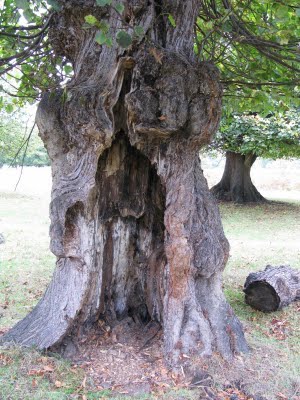
Seeing how climate change and global warming are center-stage phenomena nowadays, it is no surprise that scientists are doing their best in trying to identify and understand the mechanisms which first caused them to occur and are now driving them forward.
Although pollution caused by human activities is a well-known cause of said global changes, a new study conducted by researchers working with the Yale University now argues that diseased trees may very well play their part in fostering changes in our planet's weather patterns.
For those unaware, methane is not a very environmentally-friendly gas. Thus, although its atmospheric concentrations are presently much lower than those of CO2, this particular chemical compound is responsible for warming the planet 21 times more than the latter.
Eurek Alert reports that Mark Bradford, one of the researchers who looked into this issue, explained how, “No one until now has linked the idea that fungal rot of timber trees, a production problem in commercial forestry, might also present a problem for greenhouse gas and climate change mitigation.”
Apparently, the 63 trees from northeastern Connecticut which they took into consideration for this study were proven to contain methane concentrations 80,000 times higher than those of normal air.
Specialist Kristofer Covey points out the fact that, “These are flammable concentrations. Because the conditions thought to be driving this process are common throughout the world's forests, we believe we have found a globally significant new source of this potent greenhouse gas.”
Two other environmental scientists, Xuhui Lee and Sara Shallenberger, inform us that, “If we extrapolate these findings to forests globally, the methane produced in trees represents 10 percent of global emissions. We didn't know this pathway existed.”
Hopefully, these findings can help those in charge of tackling climate change and global warming to make more informed decisions.
Via: Diseased Trees Now Argued to Contribute to Climate Change
Tidak ada komentar:
Posting Komentar